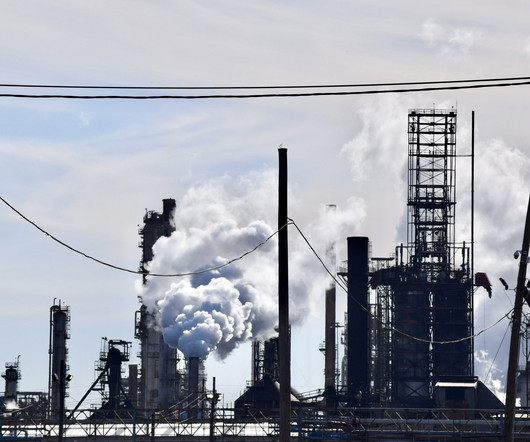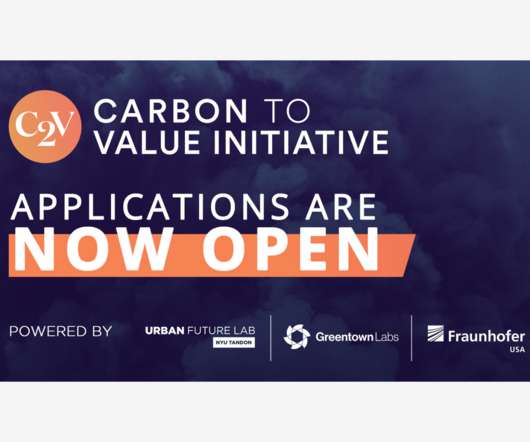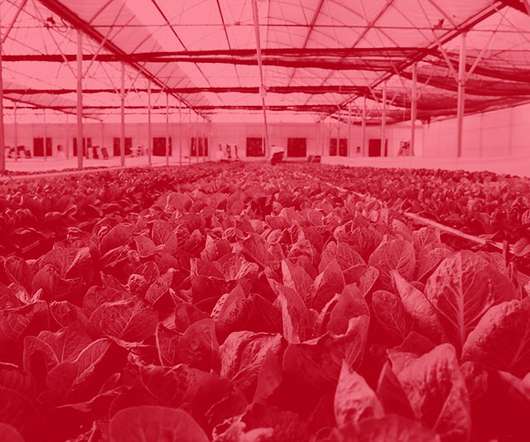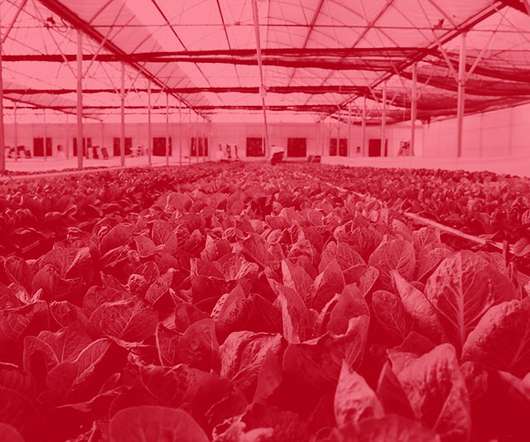How Shell Is Selling the Petrochemical Buildout as ‘Sustainable’
DeSmogBlog
APRIL 5, 2023
If you take Shell’s word for it, the oil giant’s growing petrochemical operations are indicative of its “commitment” to a cleaner energy future. Today, a peculiar sign still greets those who enter the town: residential homes are pictured next to an oil tank, surrounded by refinery towers, all basking together underneath the sun and blue sky.



















Let's personalize your content